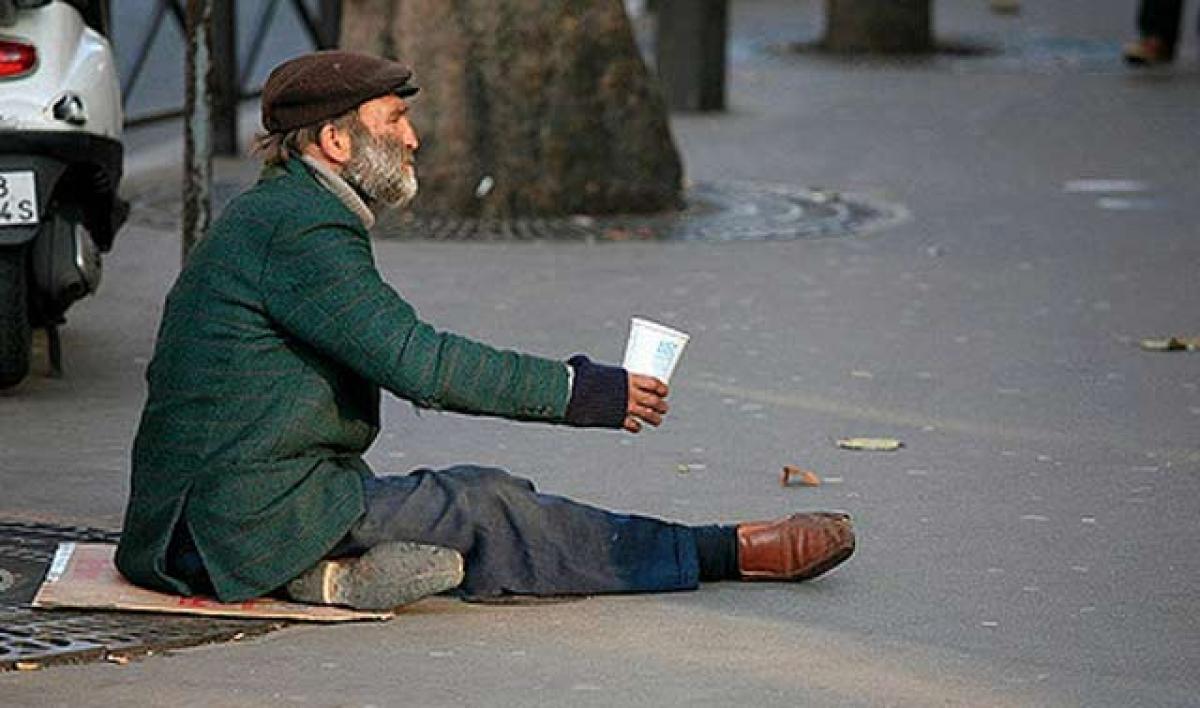Live
- Ajit Pawar’s power play backs Fadnavis for CM post
- France's TotalEnergies halts new investment in Adani Group
- Oppn stalls Parl over Adani issue, Manipur
- Sharmila demands scrapping of agreements with Adani firm
- 75 Yrs Of Constitution: President Murmu to address joint sitting of both Houses
- Are strict laws needed to ensure MLAs attend Assembly sessions?
- Centre leveraging innovation, tech for capacity building among teachers
- Oppn members seek more time for JPC on Waqf Bill
- Grievances flood Lokesh’s Praja Darbar
- PM underscores need to link co-op movement with circular economy
Just In

Researchers from Paris Descartes University in France analysed responses from 3,453 people who met the definition of homeless in French cities; most of the participants were men and had an average age of almost 40.
London: Homeless people - who live on the street or in short-term shelters - are more likely to suffer from insomnia and daytime fatigue, a new study has found.
Researchers from Paris Descartes University in France analysed responses from 3,453 people who met the definition of homeless in French cities; most of the participants were men and had an average age of almost 40.
They were living on the street, in short-term shelters, small social services paid hotels and other facilities for homeless people with children.
Sleep is part of good health, but the homeless often have no access to safe and warm beds at night. A questionnaire was used to ask about total sleep time at night and over the past 24 hours.
Responses from the homeless were compared to individuals in the general population who participated in a large survey of the French adult population.
The homeless reported shorter total sleep (6 hours 31 minutes vs 7 hours 9 minutes). Among the homeless, eight per cent reported less than four hours of total sleep over the past 24 hours compared with three per cent of the general population, according to the results.
Homeless women also were twice as likely as men to report that they slept less than four hours and insomnia was reported by 41 per cent of the homeless compared with 19 per cent of the comparison group.
Also, 33 per cent of the homeless reported daytime fatigue compared with 15 per cent of the general population. Among the homeless, 25 per cent also reported regularly taking a drug to help them sleep compared with 15 per cent of the control group, the results suggest.
"We believe that improving sleep deserves more attention in this vulnerable group," the researchers said. "We strongly support strategies other than hypnotic agents to improve sleep in the homeless, including more careful control of noise, lighting, heating and air conditioning at night," they said.
"Facilities could provide residents with sleep aids, such as earplugs, eye sleep masks and pillows. Screens between beds could offer some sense of privacy, even in collective dormitories, and addressing issues of personal security should promote better sleep," they added. The study was published the journal JAMA Internal Medicine.

© 2024 Hyderabad Media House Limited/The Hans India. All rights reserved. Powered by hocalwire.com







